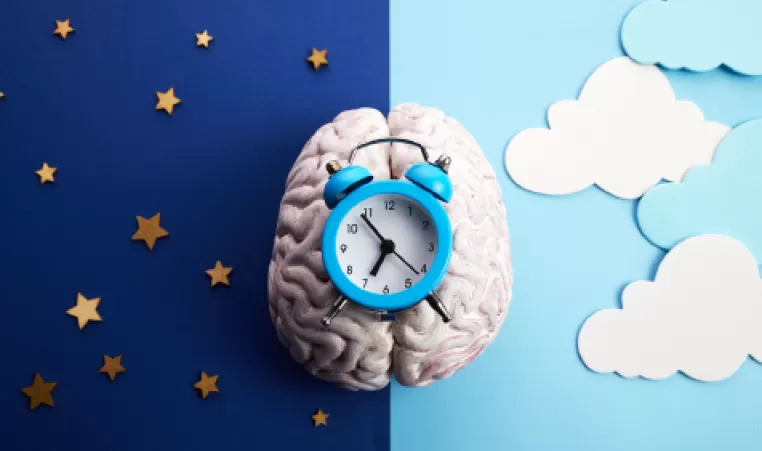
Amy Collins, Customer Service Supervisor at Shawnessy YMCA, knows a thing or two about maintaining a good schedule. In fact, she knows how important it is to maintain Circadian Rhythm to get the most out of your day, and life. This week, Amy shares insight into what we can do to maximize our Circadian Rhythm.
Circadian rhythms are the physical, mental, and behavioral changes that we experience in a 24hr period. While everyone develops their own unique cycle, we all operate under the sway of these patterns.
Many people know of the circadian rhythm of the sleep-wake cycle, but circadian rhythms affect nearly every system and process in our bodies, including hormone production, appetite, digestion, metabolism, alertness, and body temperature. They also have significant effects on neurotransmitters which impact the symptoms of mental illnesses like depression and anxiety.
In the past, humans had no choice but to live in balance with the cycle of daylight, and the turn of the seasons. Technological and societal developments through history, however, have thrown that balance right out the window! Our current 24/7 world can run us ragged if we are not careful.
With so many important aspects of our health hanging in the balance, here are some practices we can include in our day to make sure our internal clock is ticking along at an optimal pace:
- Exposure to light has a powerful effect on circadian rhythms. Natural sunlight exposure upon waking, or early in the day, can be wonderfully helpful in maintaining your rhythm. Exposure to ANY kind of light as you approach bedtime will disrupt your ability to fall asleep, to stay asleep, and to get good quality sleep. Do your best to limit all screen activity at least an hour before sleep and invest in some blackout curtains if possible.
- Do all that you can to maintain good sleep hygiene. This means developing habits such as:
- Following a consistent sleep schedule as much as possible, keeping any naps short, and early in the afternoon.
- Keeping your bedroom/bed for sleep ONLY (read, eat, scroll, do homework etc. elsewhere if you can).
- Make sure you are moving your body every day. Along with the multitude of other benefits to your physical, mental, and emotional health, daily exercise will pick up your energy during the day. This will then prompt your energy to dip down when it is time to sleep.
- Caffeine and other stimulants throw off the balance of hormones that dictate your level of alert/wakefulness. While everyone is affected differently by caffeine, trouble falling asleep might mean you should avoid caffeine after noon/early afternoon.
- Speak with your family doctor if you believe your circadian rhythms are causing health issues.
As per the National Institute of General Medical Sciences, "Drowsiness, poor coordination, and difficulty with learning and focus may occur when circadian rhythms fall out of sync short term. Long-term sleep loss and continually shifting circadian rhythms can increase the risks of obesity, diabetes, mood disorders, heart and blood pressure problems, and cancer, and can also worsen existing health issues." In summary, finding your rhythm is a simple and effective way to leading a healthier, more robust life!
We hope this helps you find balance, health and wellness.
Thank you, Amy for authoring this guest post!